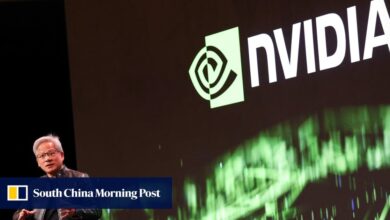Japan start-up plans world’s first steady-state fusion reactor for 2034 launc

TOKYO:
Japanese startup Helical Fusion intends to introduce the world’s first steadystate nuclear fusion reactor in 2034 and to begin commercial operations in the 2040s, its CEO told Reuters.
In spite of international efforts to harness blend, the response that powers the sun, to produce emissions-free power, 70 years of research have yet to produce a commercially viable reactor.
We intend to have the world’s very first steady-state combination reactor up and creating electrical power within the next 10 years, Helical Blend CEO Takaya Taguchi said in an interview.
If successful, Japan, an energy importer, could produce its own energy and even export it, greatly enhancing Japan’s energy security, said Taguchi, who worked for banks before co-founding Helical Blend with 2 researchers from Japan’s National Institute for Combination Science in 2021.
Fusion can be reproduced in the world by utilizing lasers or magnets to fuse two light atoms into a denser one, launching energy.
Helical Fusion plans to build the pilot reactor, utilizing the helical-method, a magnetic technique, with a generation capacity of 50-100 megawatts.
If we run the pilot reactor starting in 2034 for a few years … we could begin constructing a commercial reactor and have it functional in around 2040 at the earliest, stated Taguchi.
Japan has actually currently invested some 400 billion yen ($ 2.8. billion) in research at NIFS and we plan to utilize and. commercialize blend, Taguchi added this month.
Japan’s NIFS owns one of the world’s biggest fusion. speculative facilities, which has achieved 100 million degrees. Celsius and plasma periods over 3,000 seconds.
For years, scientists have struggled to create more. energy from a fusion reaction than is needed to heat the fuel. to more than 100 million Celsius.
Taguchi said considerable difficulties remain, including. raising 1 trillion yen to build the pilot reactor, establishing. high-temperature superconductivity technology for coils, and. establishing security rules to get local construction approval.
(source: Reuters)
Source link



